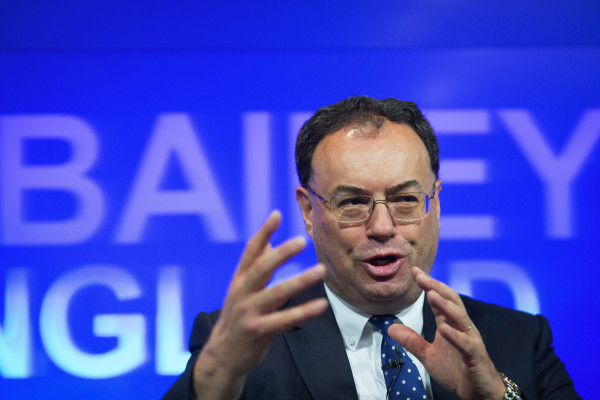

The rising popularity of ethical funds will lead to a deep change in what is considered active investing, according to the chief executive of the Financial Conduct Authority (FCA).
Speaking at an Investment Association conference at Mansion House yesterday (6 November), Andrew Bailey said the rise in interest in ethical, sustainable and governance (ESG) products, and the separate rise in demand for passive investing, were not mutually exclusive.
Mr Bailey it might seem contradictory that passive investing, which involves buying all the constituents of an index regardless of their ethical focus, would go hand-in-hand with the growth of ESG investing, but he said this did not have to be the case.
He said: "A longer-term shift towards passive investing goes alongside a desire for more ethical and socially responsible investing and a desire to encourage longer-term patient capital.
"Of course, these two developments can co-exist. Indeed, I would go so far as to say that they will, and that in doing so there will be some re-clarification of the meaning of active investment.
"Passive investment suits the needs of a lot of investors, at least in part. But it can co-exist with a world where investors also want to express a preference which embodies their values and longer-term goals, with ethical objectives for instance.
"And, I would argue that an industry which enables the support of patient capital and innovation, and of ethical investment and social responsibility, will be one where the trust will be stronger and deeper."
Mr Bailey said the reasons for the growth of passive investing were "well rehearsed" but said the growth of ethical investing was a development which went "in the opposite direction".
He cited the 2017 Mintel Equity Investing UK report which indicated 54 per cent of respondents believed ethical investment was important, up from 39 per cent the previous year.
Mr Bailey said: "At the FCA we are consulting on rule changes to require the independent governance committees of contract-based pensions to report on how they manage environmental risks in their investment strategies and how they take into account the ethical concerns of investors.
"Separately, in the Budget last week the Chancellor announced a plan to unlock finance for innovative high-growth firms, and established a taskforce to address the barriers to pension funds investing in so-called patient capital.
"The FCA will publish a discussion paper by the end of this year to explore the impact of the UK’s existing fund regime on investment in patient capital and we will consult to update the permitted links framework to allow unit-linked pension funds to invest in an appropriate range of patient capital assets."
Mr Bailey’s comments came after Chris Mellor, head of ETF Strategy at Invesco, said he expected the next leg of growth in the ETF market to come from companies, including potentially his own, launching products focused on ethical considerations.
Chris Gannatti, head of research for Europe at Wisdom Tree, expected ETF products which looked at ESG questions is a thematic way, such as by focusing on a particular theme within the ESG market, such as battery technology.
Francis Klonowski, who runs Klonowski and Co, said he had yet to see a significant level of demand from his clients for ethical products.
david.thorpe@ft.com



